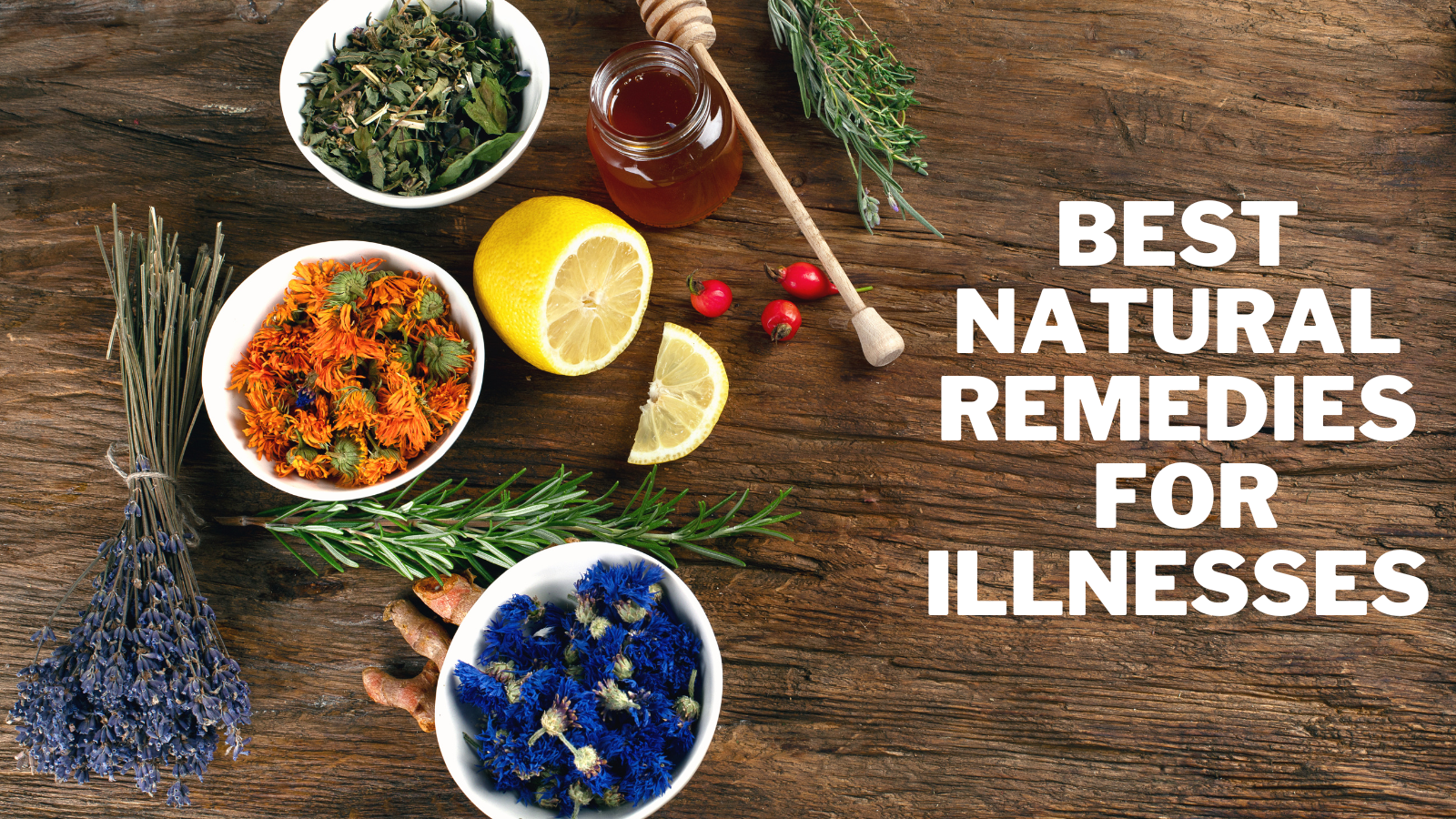Best Natural Remedies For Illnesses
Best Natural Remedies For Illnesses
As the saying goes, prevention is better than cure. However, even with the best preventative measures, illnesses can sometimes strike.
While modern medicine has advanced significantly, natural remedies have been used for centuries to help alleviate symptoms and boost the body's natural healing processes.
In this blog post, we will explore some natural remedies for common illnesses that you can easily incorporate into your daily routine.
From ginger tea for nausea to honey for a sore throat, these remedies may help alleviate symptoms and promote a faster recovery. Read on to learn more about natural remedies for illnesses.
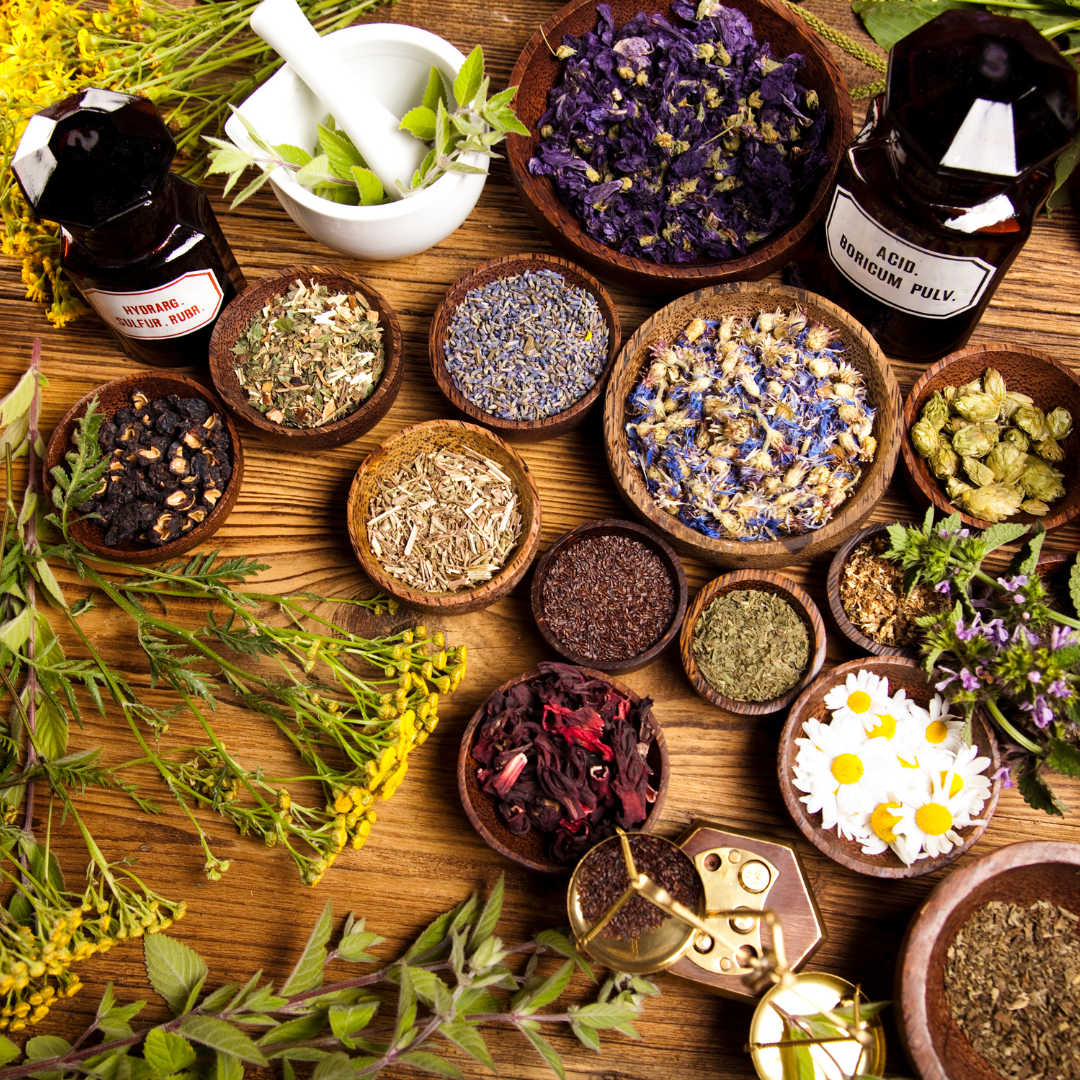
Benefits Of Natural Remedies For Illnesses
Natural remedies for illnesses have been used for centuries as an alternative to conventional medicine.
While they may not always be a substitute for medical treatment, natural remedies can offer several benefits for overall health and wellness. Here are some of the benefits of natural remedies:
1. They Are Often More Affordable
Natural remedies are often cheaper than conventional medicines, making them accessible to a broader population.
2. They Have Fewer Side Effects
Natural remedies are typically safer than prescription drugs and have fewer side effects because they are made from natural ingredients that are generally well-tolerated by the body.
3. They Can Be Used For A Range Of Conditions
Natural remedies can treat various conditions, from common colds and headaches to more severe health issues like arthritis and diabetes.
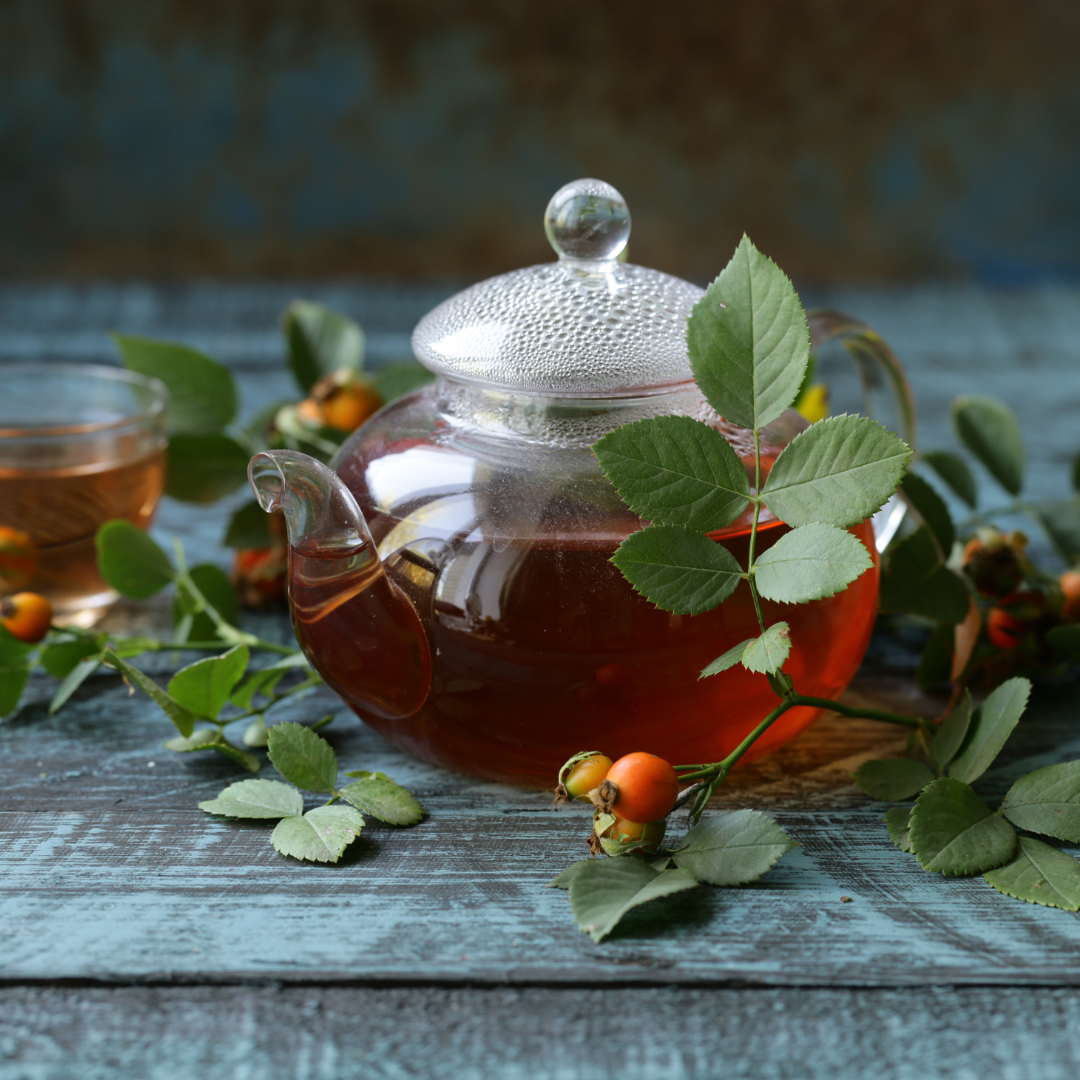
4. They Promote Holistic Health
Natural remedies often take a holistic approach to health, focusing on overall wellness rather than treating symptoms. They can help improve physical, mental, and emotional health.
5. They Are Often Readily Available
Many natural remedies can be found in the kitchen or garden, making them easy to access and use.
It's important to note that while natural remedies can be beneficial, they are not a substitute for medical treatment.
It's always best to consult with a healthcare professional before using any natural remedy, especially if you have a pre-existing medical condition or are taking medications.
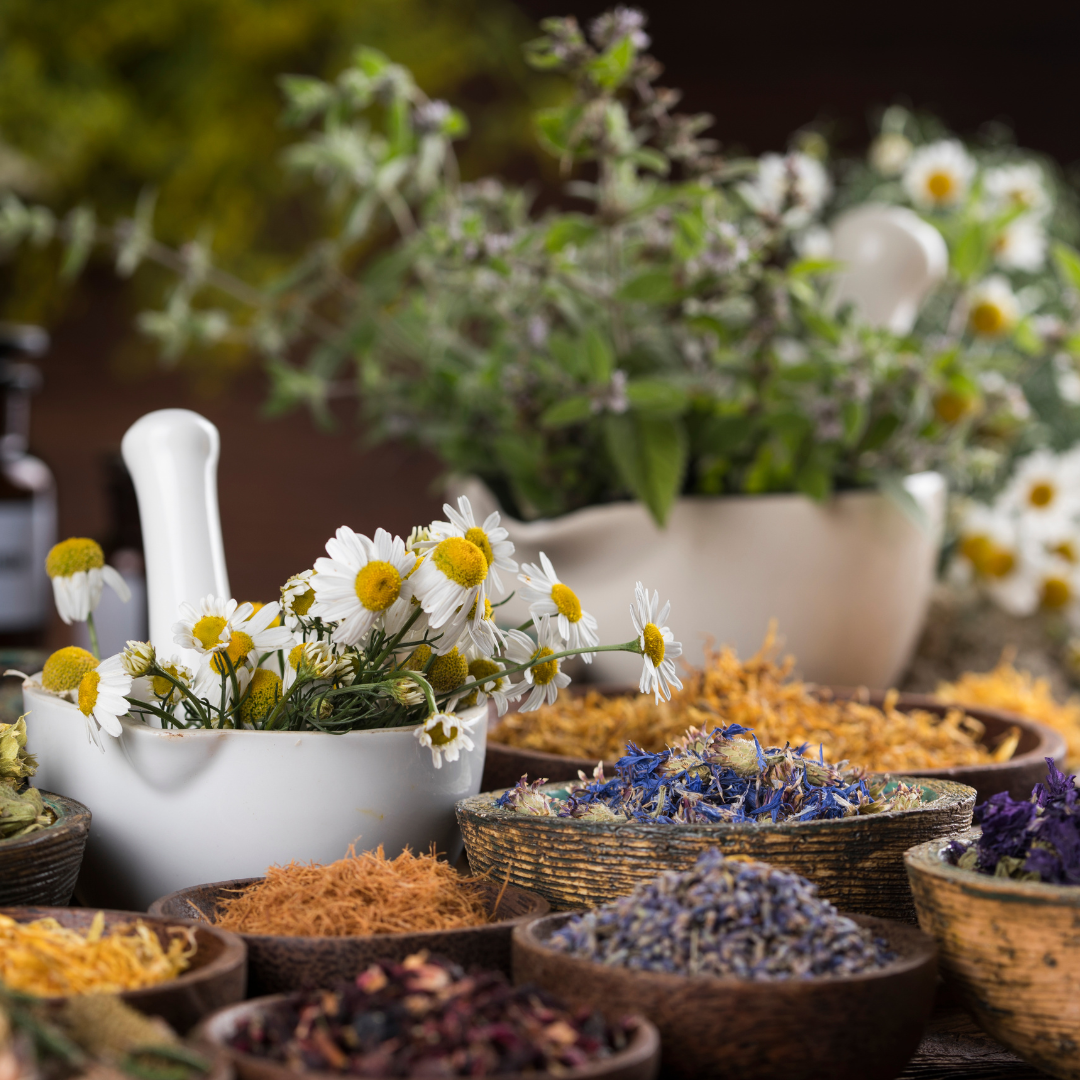
What Are Natural Remedies For Illnesses?
1. Ginger Tea For Nausea
Ginger is a natural remedy used for centuries to help alleviate nausea and vomiting. It contains compounds such as gingerols and shogaols that have anti-inflammatory and antioxidant properties, which can help soothe the digestive system and reduce inflammation in the stomach.
To make ginger tea, slice fresh ginger and add it to hot water. Allow the ginger to steep for 5-10 minutes before straining the tea. You can also add honey or lemon to the tea to enhance the flavour.
Ginger tea can be especially helpful for people who experience nausea and vomiting due to motion sickness, morning sickness during pregnancy, or the side effects of chemotherapy. It may also be effective in reducing nausea and vomiting after surgery.
While ginger tea is generally considered safe for most people, it's important to note that excessive consumption of ginger can cause heartburn, diarrhea, and other digestive issues.
People with gallstones or taking blood-thinning medication should consult their doctor before consuming ginger tea.
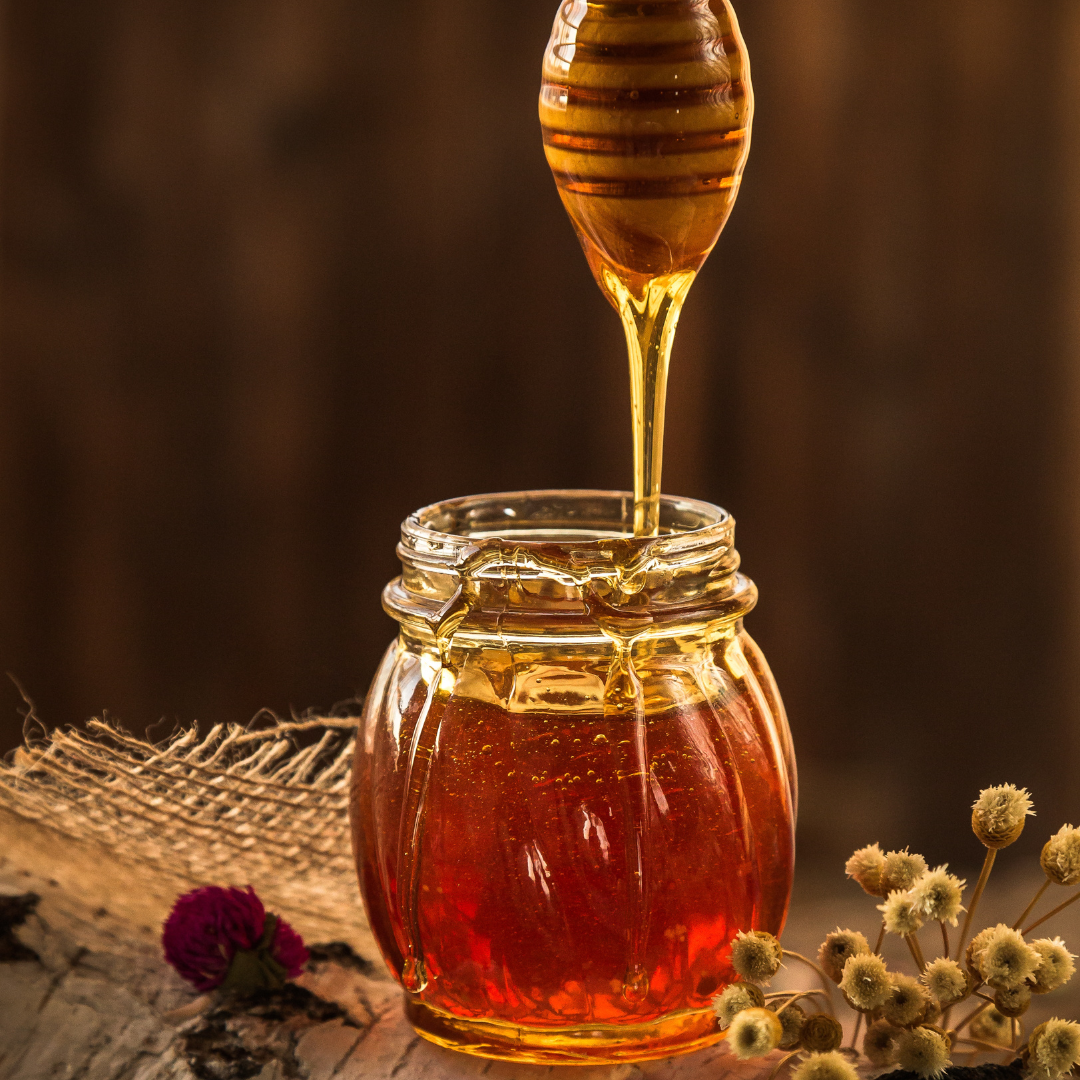
2. Honey For A Sore Throat
Honey is a natural remedy used for centuries to help soothe a sore throat. It contains antibacterial and anti-inflammatory properties that can help reduce inflammation and fight off infection in the throat.
Add a spoonful of warm water or tea to use honey for a sore throat. Honey can help soothe the throat and provide relief from pain and discomfort.
You can also mix honey with lemon juice, providing additional benefits such as vitamin C and antioxidants.
It's important to note that infants under one should not consume honey due to the risk of botulism, a type of food poisoning caused by bacteria that can grow in honey.
Additionally, while honey is generally considered safe for most people, it should not be used as a replacement for medical treatment in severe sore throats or infections. If your symptoms persist or worsen, it's important to consult a healthcare professional.
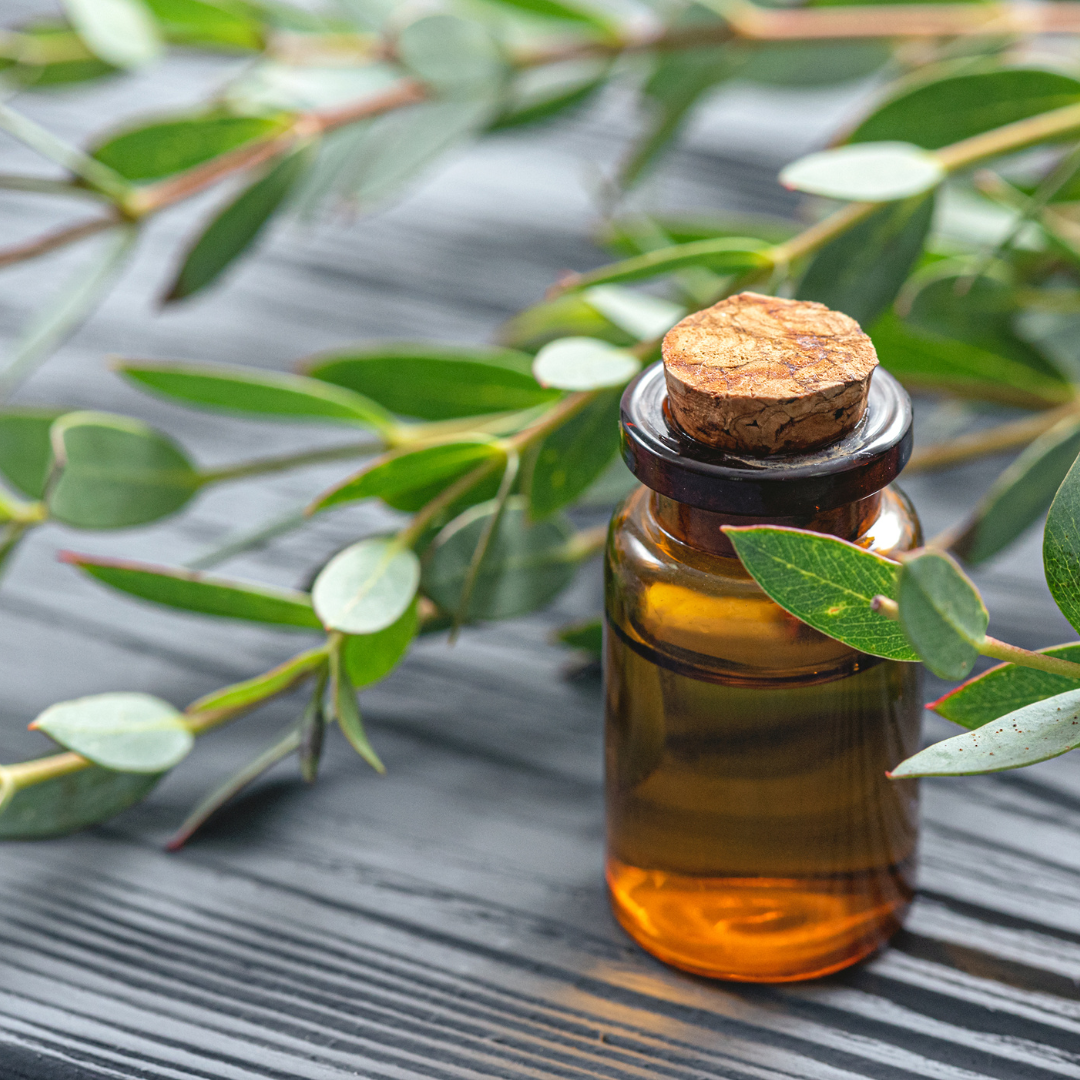
3. Eucalyptus Oil For Congestion And Breathing Difficulties
Eucalyptus oil is a natural remedy used for centuries to help relieve congestion and promote easier breathing.
It contains compounds such as eucalyptol with antimicrobial and anti-inflammatory properties, which can help reduce inflammation in the respiratory system and improve airway function.
You can add a few drops to a diffuser or humidifier to use eucalyptus oil for congestion. This can help disperse the oil into the air, allowing you to inhale its beneficial properties.
You can also add eucalyptus oil to a steam inhalation by adding a few drops to a bowl of hot water and inhaling the steam for several minutes.
It's important to note that eucalyptus oil should not be ingested or applied directly to the skin without dilution.
Additionally, people with asthma or other respiratory conditions should consult their doctor before using eucalyptus oil, as it may sometimes exacerbate symptoms.
If you experience any adverse reactions, such as skin irritation or difficulty breathing, discontinue use and seek medical attention.
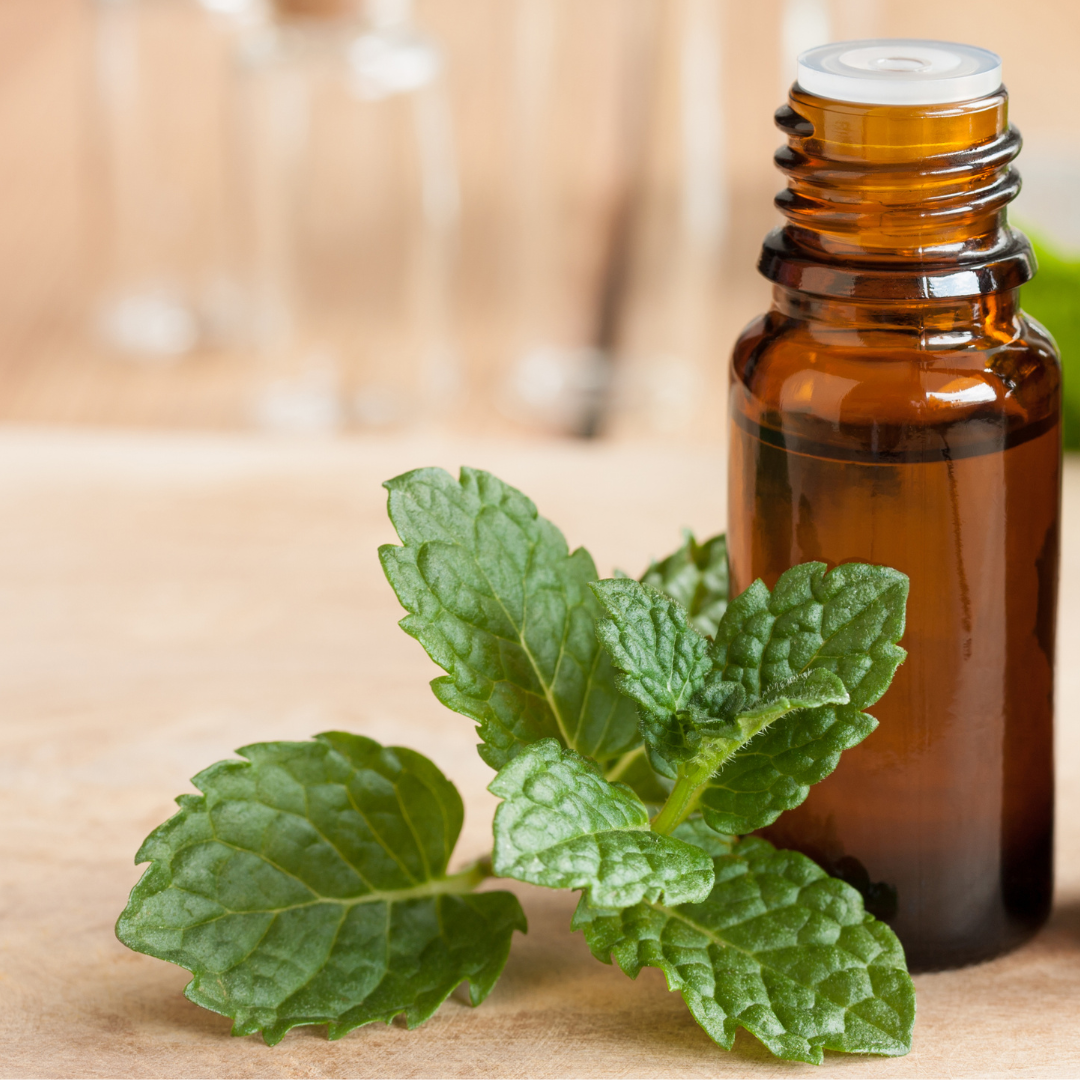
4. Peppermint For Headaches
Peppermint is a natural remedy used for centuries to help relieve headaches. It contains compounds such as menthol that have a cooling effect, which can help reduce pain and tension in the head and neck.
To use peppermint for headaches, you can try drinking peppermint tea. This can help promote relaxation and soothe the muscles in the head and neck.
Applying peppermint oil topically by rubbing a few drops onto your temples or forehead. This can help provide a cooling sensation and promote relaxation.
It's important to note that peppermint oil should be diluted before use, as it can irritate the skin if applied directly.
Additionally, people with gastroesophageal reflux disease (GERD) should avoid using peppermint as it can worsen symptoms.
If you experience frequent headaches or migraines, consult a healthcare professional to determine the underlying cause and appropriate treatment options.
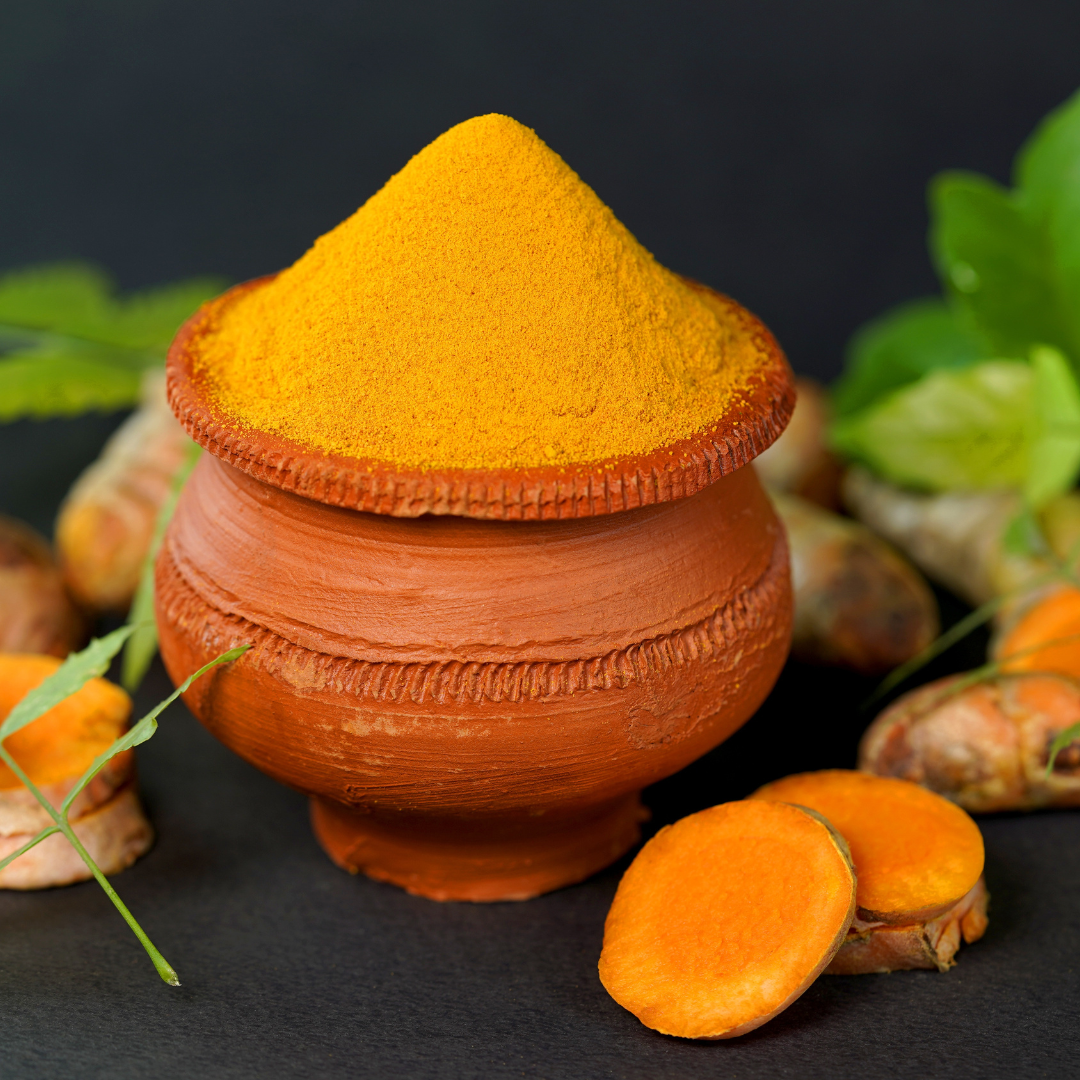
5. Turmeric For Inflammation
For millennia, people have used turmeric as a natural medicine to treat pain and inflammation. Turmeric contains a substance called curcumin, which has antioxidant and anti-inflammatory effects that can help prevent oxidative damage and lessen inflammation in the body.
To use turmeric for inflammation, add it to your meals as a spice. This can be an easy way to incorporate turmeric into your diet and enjoy its benefits.
You can also take a turmeric supplement, providing a more concentrated dose of curcumin.
It's important to note that turmeric may interact with certain medications, including blood thinners and diabetes medications.
If you're taking any medications or have a medical condition, it's important to consult with a healthcare professional before using turmeric.
Additionally, excessive consumption of turmeric may cause gastrointestinal issues in some people.
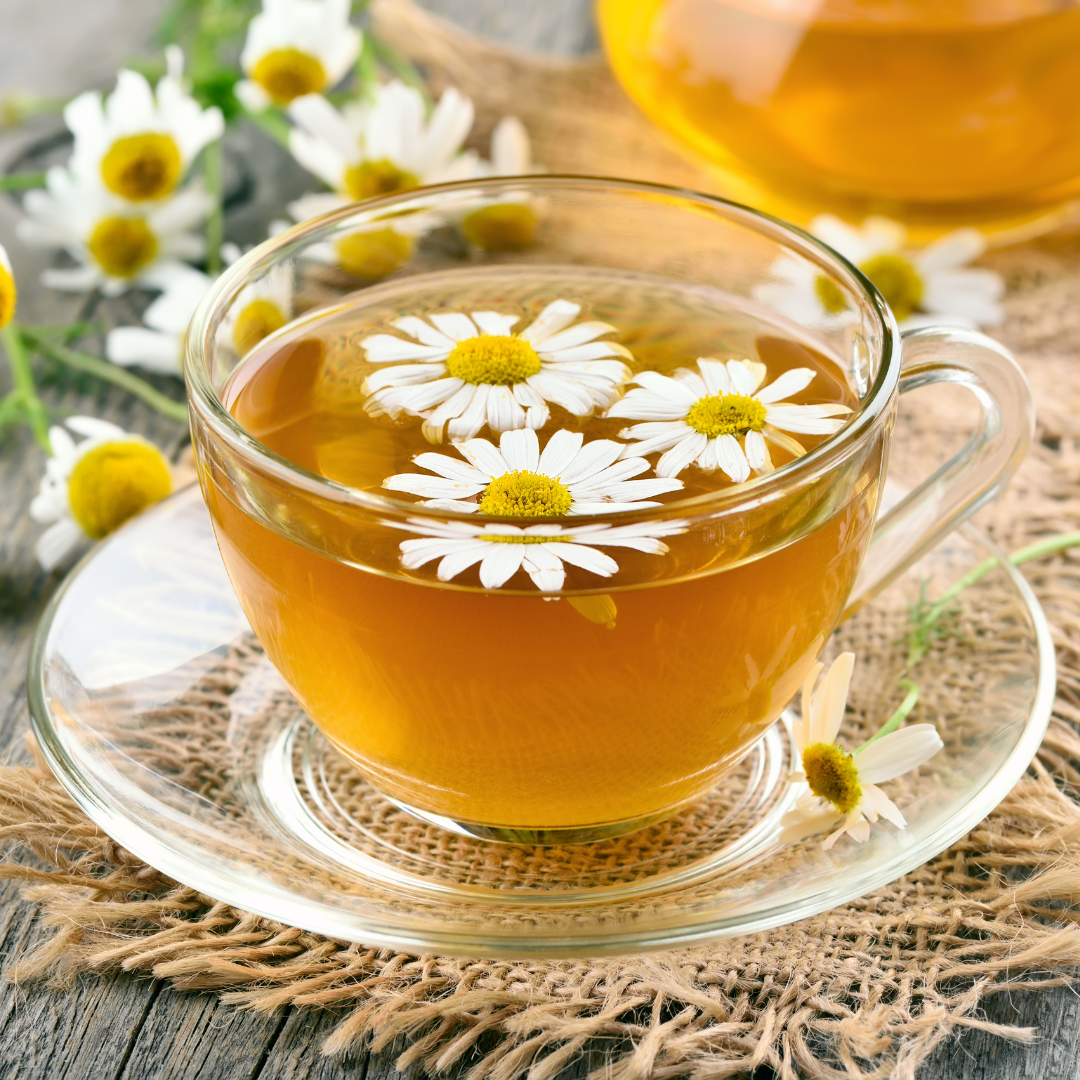
6. Chamomile For Anxiety
Chamomile is a natural remedy used for centuries to help reduce anxiety and promote better sleep.
It contains compounds such as apigenin and luteolin that have a calming effect on the body and can help reduce feelings of anxiety and stress.
To use chamomile for anxiety, you can try drinking chamomile tea before bed. This can help promote relaxation and improve sleep quality.
You can also take a chamomile supplement, providing a more concentrated dose of chamomile.
It's important to note that chamomile may interact with certain medications, including blood thinners and sedatives.
If you're taking any medications or have a medical condition, it's important to consult with a healthcare professional before using chamomile.
Additionally, some people may be allergic to chamomile, so it's important to discontinue use if you experience any adverse reactions.
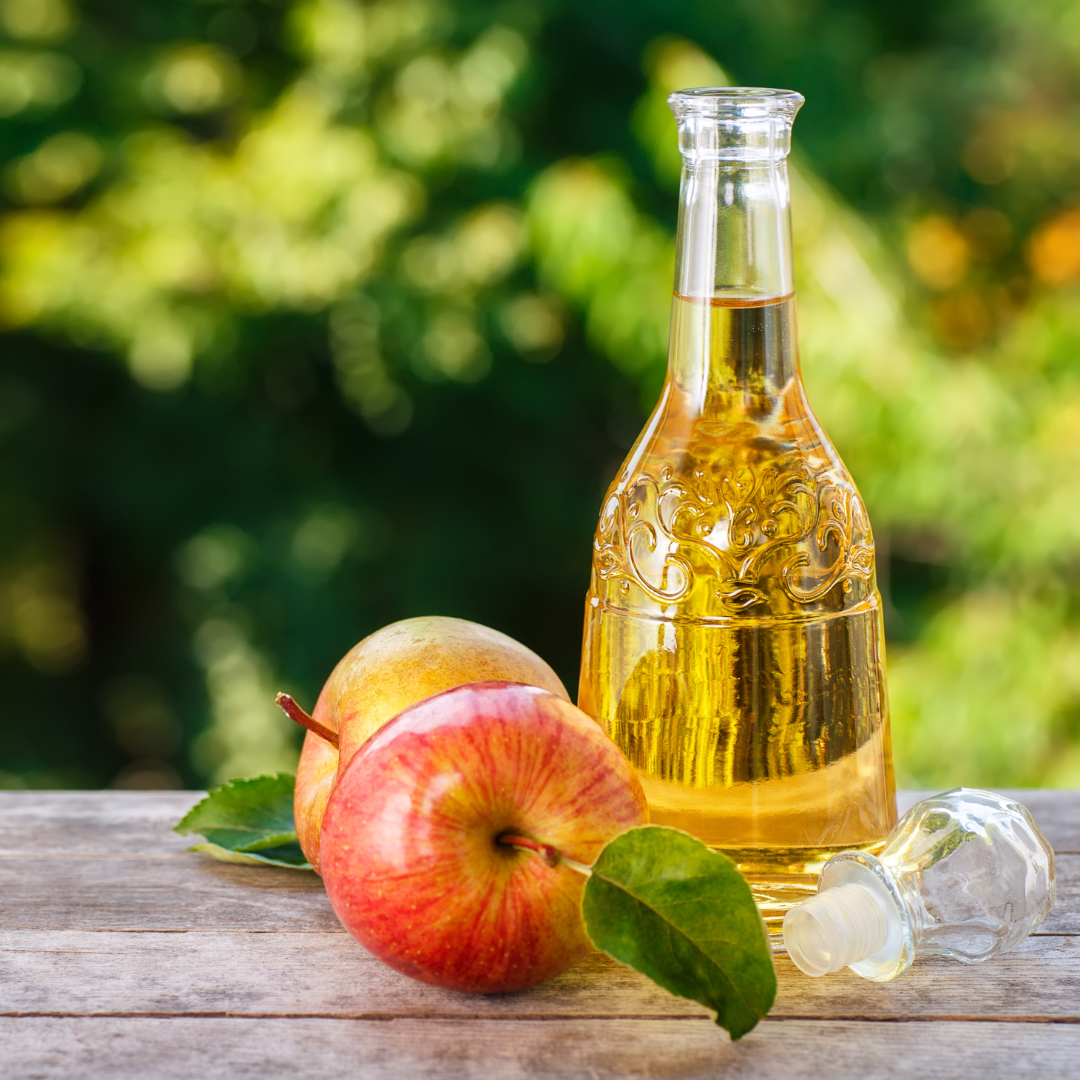
7. Apple Cider Vinegar For Heartburn
Apple cider vinegar is a natural remedy that can help neutralize stomach acid and alleviate heartburn.
It contains acetic acid, which can help promote the production of digestive enzymes and improve digestion.
To use apple cider vinegar for heartburn, mix one tablespoon of apple cider vinegar with a glass of water and drink it before a meal. It's important to dilute the vinegar with water to prevent irritation of the esophagus.
Additionally, avoiding consuming apple cider vinegar on an empty stomach or before bed is important, as this can worsen symptoms.
It's important to note that while apple cider vinegar can be an effective natural remedy for heartburn, it may not be appropriate for everyone.
People with gastroesophageal reflux disease (GERD) or other digestive conditions should consult a healthcare professional before using apple cider vinegar.
Additionally, excessive consumption of apple cider vinegar may cause gastrointestinal issues in some people.
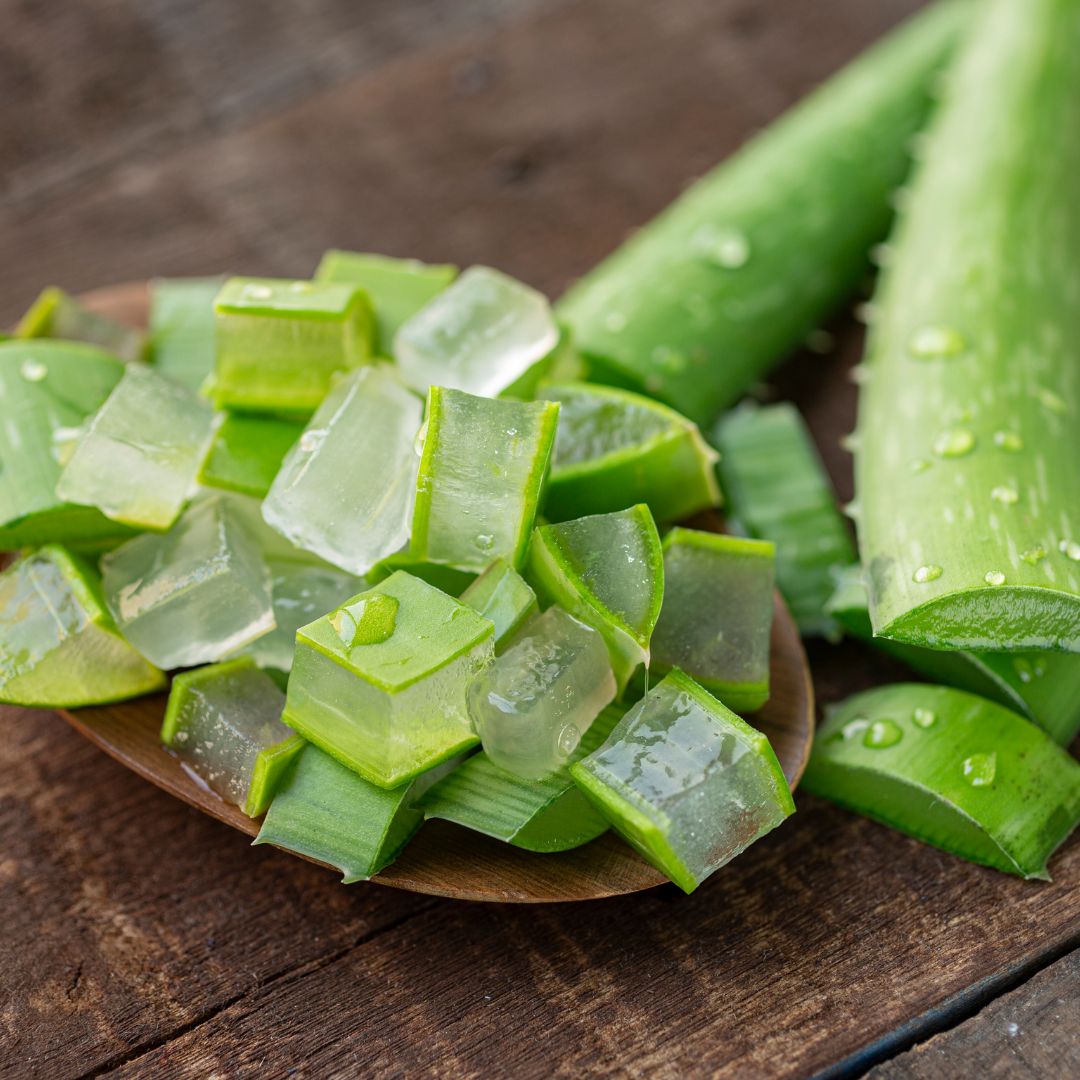
8. Aloe Vera For Sunburn
Aloe vera is a natural remedy used for centuries to help soothe sunburned skin. It contains compounds such as glycoproteins and polysaccharides with anti-inflammatory and moisturizing properties.
You can directly apply aloe vera gel to the damaged region to treat sunburn. This can help soothe the skin and reduce redness and inflammation.
Using pure aloe vera gel free from added chemicals or fragrances is important, as these can further irritate the skin.
You can also use fresh aloe vera from the plant by cutting off a leaf and applying the gel to the affected area. This can provide a more potent dose of aloe vera and help speed up the healing process.
It's important to note that while aloe vera can be an effective natural remedy for sunburn, it may not be appropriate for everyone.
Some people may be allergic to aloe vera, so it's important to do a patch test before applying it to a larger area.
Additionally, seeking medical attention is important if your sunburn is severe or accompanied by other symptoms such as fever or blistering.

9. Tea Tree Oil For Acne
Tea tree oil is a natural remedy used for centuries to help reduce acne. It contains compounds such as terpinen-4-ol that have antibacterial and anti-inflammatory properties, which can help reduce the severity and frequency of acne breakouts.
Apply a drop of tea tree oil to a cotton swab and dab the afflicted area with the swab to treat acne. It's important to use tea tree oil that is pure and undiluted, as diluted products may be less effective.
However, tea tree oil can irritate the skin if used excessively or if you have sensitive skin. It's important to do a patch test before applying it to a larger area and use it sparingly until you know how your skin reacts. Tea tree oil should not be ingested, and pregnant or breastfeeding women should avoid using it.
While tea tree oil can be an effective natural remedy for acne, it may not be appropriate for everyone.
If your acne is severe or accompanied by other symptoms such as fever or pain, it's important to seek medical attention.

10. Lavender For Insomnia
Lavender is a natural remedy that can help alleviate insomnia and promote better sleep. It contains compounds that have a calming effect on the nervous system, which can help reduce anxiety and promote relaxation.
Try putting a few drops of lavender essential oil on your pillowcase or diffuser to treat your sleeplessness.
You can massage lavender oil onto your wrists, neck, and temples before night or add a few drops to a warm bath.
Lavender is generally considered safe, but it's important to use pure essential oil and not ingest it.
Some people may be sensitive to lavender oil and experience allergic reactions or skin irritation, so it's important to do a patch test before using it on a larger skin area.
It's also important to talk to your doctor before using lavender oil as a remedy for insomnia, especially if you are pregnant, breastfeeding, or have a history of allergies or asthma.
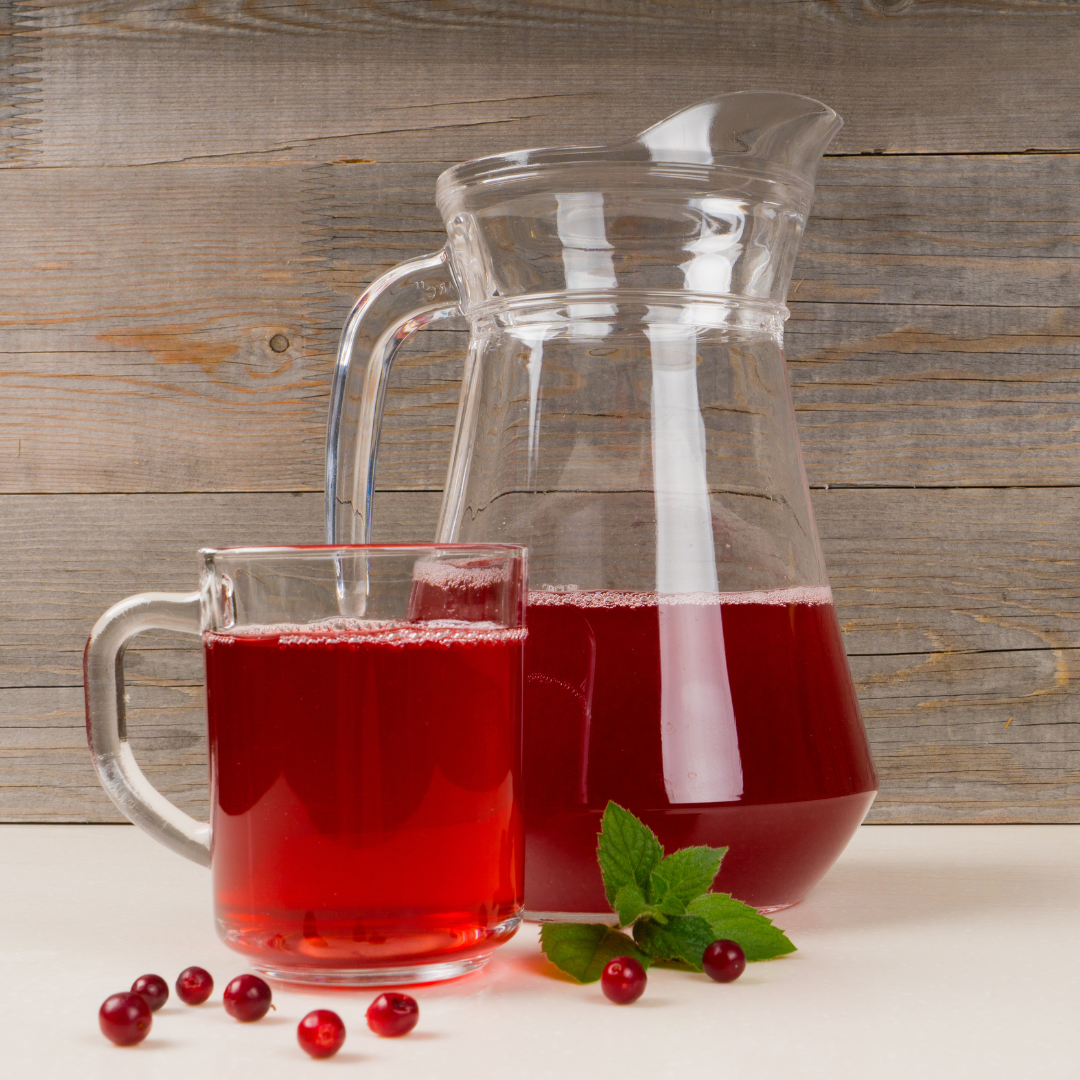
11. Cranberry Juice For UTIs
Cranberry juice is a natural remedy used for centuries to help prevent and treat urinary tract infections (UTIs).
It contains proanthocyanidins that can help prevent bacteria from adhering to the bladder, reducing the risk of a UTI.
To use cranberry juice for UTIs, choosing unsweetened juice that doesn't contain added sugars is important, as these can exacerbate UTI symptoms. Drinking 8 to 16 ounces of unsweetened cranberry juice daily may help prevent UTIs.
However, it's important to note that while cranberry juice can be an effective natural remedy for UTIs, it may not be appropriate for everyone.
Suppose you have a history of kidney stones or are taking certain medications, such as blood thinners.
In that case, talking to your doctor before using cranberry juice to remedy UTIs is important.
Additionally, seeking medical attention is important if your UTI is severe or accompanied by other symptoms such as fever or pain.
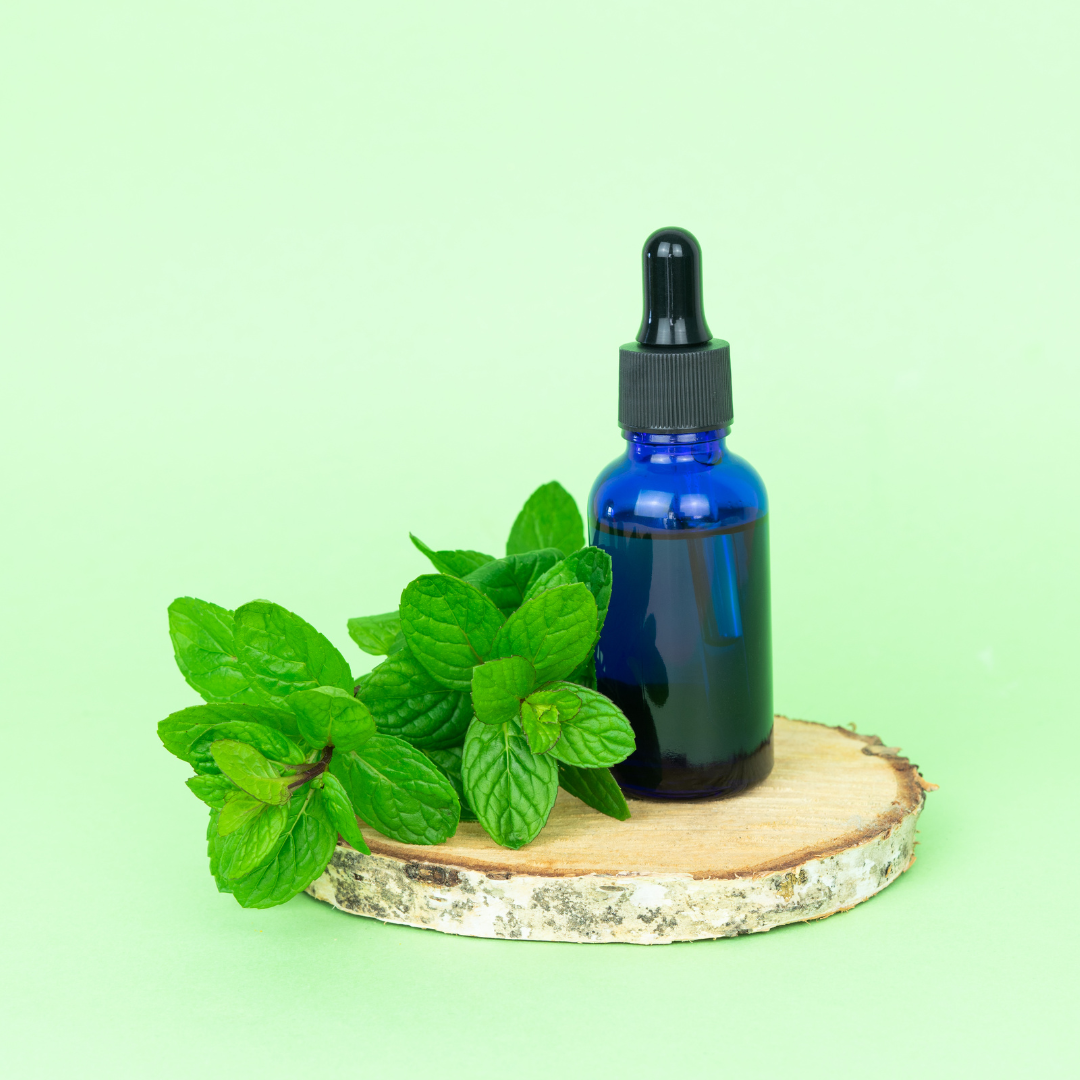
12. Peppermint Oil for IBS
Peppermint oil is a natural remedy that can help alleviate symptoms of irritable bowel syndrome (IBS).
It contains compounds that can relax the muscles in the digestive tract and reduce inflammation, which can help relieve abdominal pain, bloating and other IBS symptoms.
To use peppermint oil for IBS, take peppermint oil capsules or add a drop of peppermint oil to a glass of water.
Peppermint oil capsules are available in many health food stores and online, and they should be taken according to the package's instructions.
When adding peppermint oil to water, it's important to use pure essential oil and only add a drop or two, as too much can cause side effects such as heartburn and nausea.
However, it's important to note that while peppermint oil can be an effective natural remedy for IBS, it may not be appropriate for everyone. Peppermint oil can interact with certain medications, such as those for acid reflux and diabetes.
It can also cause side effects in some people, such as allergic reactions and digestive upset. If you have gastrointestinal issues, are pregnant, breastfeeding, or plan to use peppermint oil to treat IBS, it's crucial to consult your doctor first.
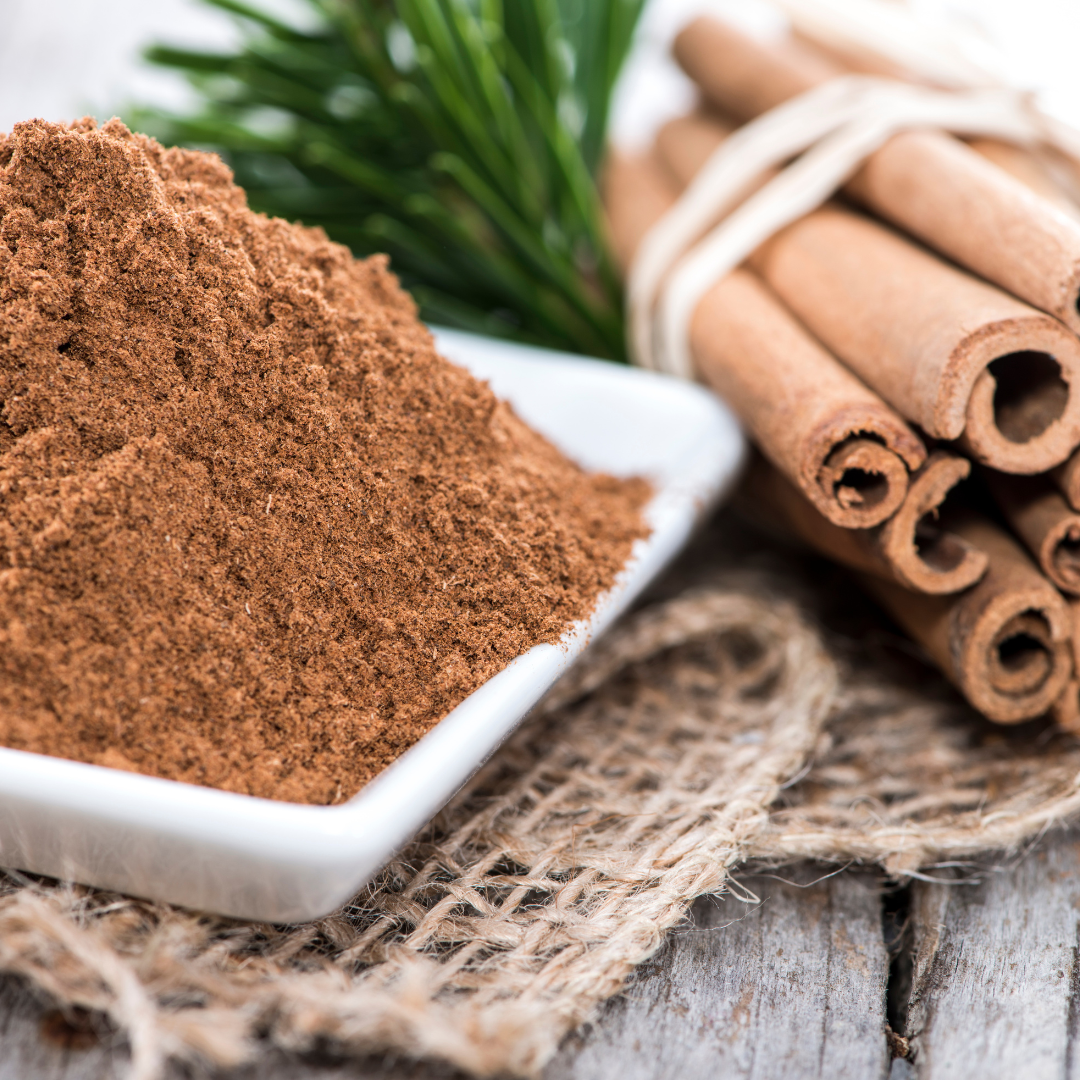
13. Cinnamon For Blood Sugar Control
Cinnamon is a natural spice that can help improve blood sugar control, making it a helpful remedy for people with diabetes or prediabetes.
Cinnamon contains compounds that mimic insulin's effects and enhance cell glucose uptake, lowering blood sugar levels.
To use cinnamon for blood sugar control, try adding cinnamon to your meals, such as oatmeal, yogurt, or baked goods.
You can also sprinkle cinnamon on fruits, nuts, or tea. Another option is to take a cinnamon supplement, which you can find in capsules or tablets.
It's important to note that while cinnamon can help improve blood sugar control, it's not a substitute for medical treatment or dietary management.
People with diabetes or prediabetes should follow their doctor's advice and regularly monitor their blood sugar levels.
Additionally, cinnamon supplements may interact with some medications, so it's important to talk to your doctor before using them.

Conclusion
Incorporating natural remedies into your daily routine can greatly alleviate symptoms and promote faster recovery from illnesses.
From ginger tea for nausea to honey for sore throat, many natural remedies have been proven effective in treating common ailments.
However, it's important to remember that natural remedies should not replace medical treatment, and it's always best to consult with a healthcare professional if you have any concerns.
Maintaining a healthy lifestyle and practicing preventative measures can reduce the likelihood of getting sick in the first place.
So why not incorporate some natural remedies into your routine and see how they can help you feel your best?
I trust you enjoyed this article on the Best Natural Remedies For Illnesses. Please stay tuned for more blog posts to come shortly. Take care!
JeannetteZ
>>>Please click here to read my all-inclusive article about A Comprehensive Guide To Healing Naturally<<<
>>>Are you interested in Natural Healing through Herbs? Please click here for my #1 Recommendation<<<
Your Opinion Is Important To Me
Thoughts? Ideas? Questions? I would love to hear from you. Please leave your questions, experience, and remarks about this article about the Best Natural Remedies For Illnesses in the comments below. You can also reach me by email at Jeannette@Close-To-Nature.org.
Disclosure
This post may contain affiliate links. As an Amazon Associate and other affiliate programs, I earn from qualifying purchases at no extra cost to you. Please read my full affiliate disclosure.
You might also enjoy these blog posts:
Pet Birds That Live A Long Time
Best Gardening Tips For Beginners
Solar Energy vs Nuclear Energy
8 Steps Of Growing Blackcurrants In Containers
12 Easy Steps Of Growing Tangerines In Pots

